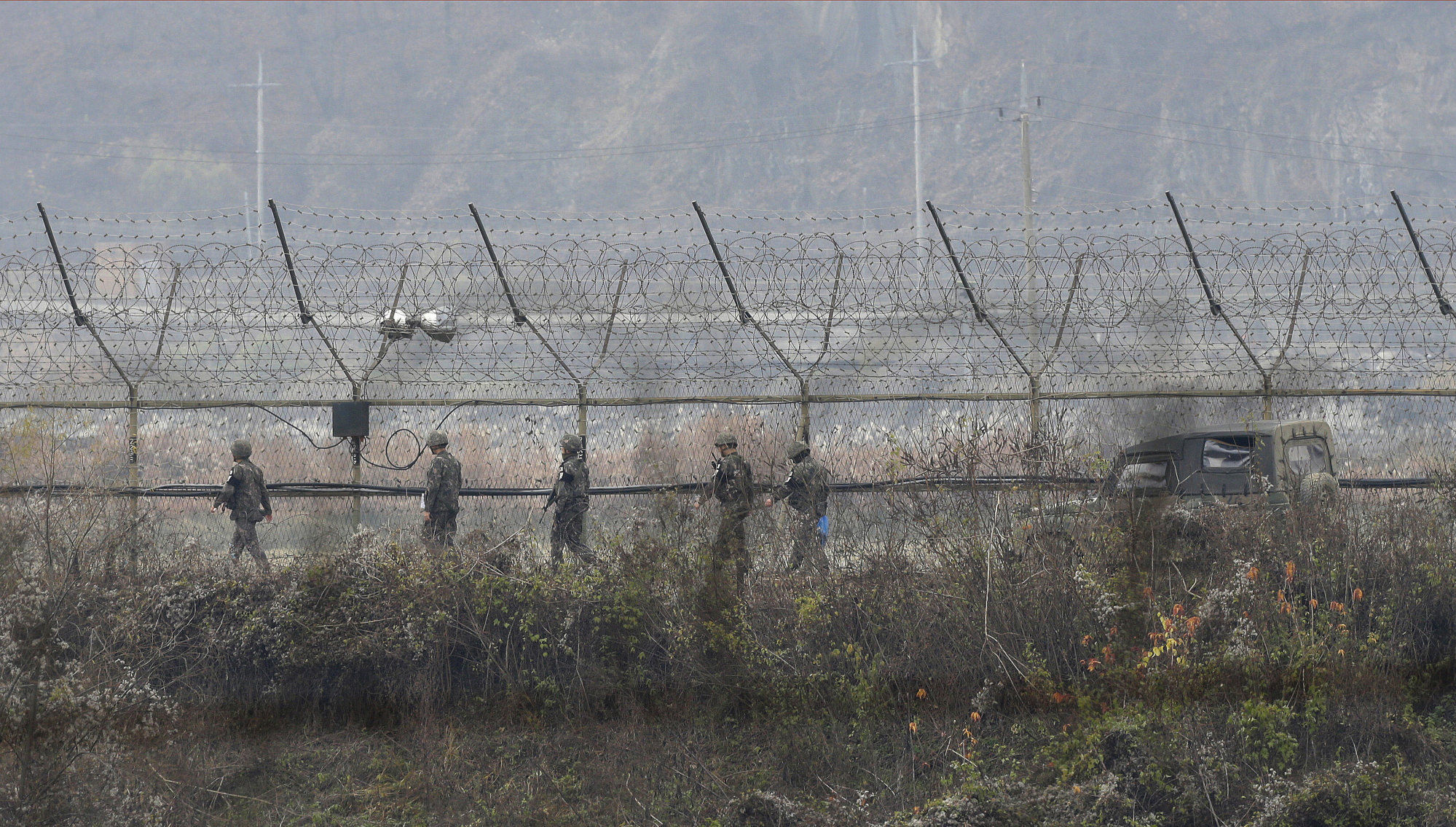World
Defector’s testimony offers ‘sickening’ glimpse of violent North Korean purges

According to Ri, senior foreign ministry officials were forced to witness Han’s violent demise at the Kang Kon Military Academy near Pyongyang. “The scene was so sickening that those who saw the execution were unable to eat for days,” Ri said, adding he was absent as he was preparing to move to Havana.
But an analyst who spoke to This Week in Asia warned such claims from defectors should be taken with a “pinch of salt”, as they are prone to exaggerate accounts to boost their value as informants.
Ri also claimed that in late 2019, a former foreign minister was punished for corruption by being sent to a concentration camp with his family.
Unconfirmed local reports from 2019 said Han had been exiled to a remote mine in North Hamgyong province for re-indoctrination, in the northernmost part of North Korea.
Ri, the defector, spent a total of nine years in Havana over two stints, tasked by Pyongyang with preventing Cuba from establishing diplomatic ties with Seoul. However, those efforts ultimately failed, as Cuba – a traditional ally of the North – forged relations with South Korea in February.
Ri fled to South Korea with his wife and children in November.
Most statements offered by North Korean defectors were second-hand or hearsay that were “almost impossible to confirm” independently, said Yang Moo-jin, a political-science professor at the University of North Korean Studies.
“We’d better take their statements with a pinch of salt, as they are understandably tempted to exaggerate what they see or hear to boost their value as information sources”, he told This Week in Asia.
“The size of monetary rewards they receive here depends on how valuable their information is in the eyes of the South Korean authorities.”
Kim Sung-min, head of Free North Korea Radio and a former defector himself, said every defector receives a one-off 9 million won (US$6,500) resettlement package, a modest low-rent flat, and a monthly stipend of around 1 million won – the same as any South Korean living below the poverty line.
However, high-profile defectors can earn additional cash rewards of unspecified amounts, as well as secure jobs at government institutes, on top of the standard benefits, he said.

“Resolving North Korean human rights issues is an important foundation for peace and unification of the Korean peninsula, and accepting North Korean defectors is the first step toward that,” he said.
But Ri’s explosive allegations are unlikely to help improve relations between the two Koreas.
The North has abandoned its past “United Front” strategy of pursuing reunification, analysts previously told This Week in Asia, and is now deeply concerned about the cultural influence of South Korea seeping into its society.
“The Korean Wave [South Korean pop culture] is not slowing down despite stern punishments,” Ri was quoted as saying. “Kim Jong-un took away the people’s hope for reunification.”







:max_bytes(150000):strip_icc()/roundup-writereditor-loved-deals-tout-f5de51f85de145b2b1eb99cdb7b6cb84.jpg)


